What is a rewrite?
So you’ve finished your first draft of your script. Congratulations. I hate to say it though, but the work is now just beginning. I don’t care who you are, but no one can write a perfect draft. Actually, I take that back. Maybe Aaron Sorkin can, but I’m sure even he has problems with his first draft. Writing isn’t about creating a solid first draft. A good writer can become a great writer in the rewrite because writing is all about rewriting.
The first thing you should do before you tackle your rewrite is to get some solid feedback. Send it out to your friends and or readers. Getting feedback for your script is vital to the script writing process. A particular moment may work well for you, but a reader may find that moment too confusing. Well, it is your job as the writer to consider all feedback, even the feedback that hurts your soul. There is a reason for every note that you get. The rewrite is about fixing those mistakes and making the script go from okay to great.
The Rewrite
Do you know what a rewrite is? I’m not talking about changing just a few lines of dialogue here and there and updating action lines. After your first draft, you shouldn’t be doing this. That stage is the polish stage within the script. What I am referring to is the major changes. The plot lacks excitement, the characters move to the plot, and the characters need more depth. These are major changes that don’t just happen with minor changes in the dialogue or action. You have to comb through the script scene by scene, line by line, and change things that aren’t working.
Tackling a rewrite can be stressful, but this is what can make or break your entire story. The rewrite is where the writer can start to shine. All of that crappy dialogue that you wrote in the first draft can now be enhanced with more robust and shorter yet wittier responses.
The Notes You Need, But May Not Want…
First off, once you know your script is ready to be read, send it out to your most trusted group of people. Make sure they give you honest feedback. Even though you may think your script is perfect, just know it isn’t. Someone will always find a problem with it. As much as you feel you don’t want the bad, you will respect it after making the script changes.
The Finer Details
Once your notes are compiled, it’s time to jump into the rewrite. For this, I like starting with a brand-new file. I will have the first draft in one window and the latest working draft in the other window. Then, I go line by line and see what needs to be tweaked.
Start by going scene by scene. Even if a note doesn’t pertain to the scene, you’ll still need to rewrite it. The two biggest pieces to start with is, does the scene begin as late as possible? What I mean is, does your scene start with the characters walking into the restaurant, waiting for a table, then getting seated to order food? To speed your scene up and even the story, you can begin with the characters in the middle of dinner. You always want to start the scene right before you we get into the action. Then, are you ending your scene too late? As soon as we get the scene's action and purpose, make sure to exit the scene. You don’t need to end your scene with your characters walking out the door.
Now, look at the characters. Does every character have a voice to them? Every character should have a distinct voice that makes it theirs. This will help fix that on-the-nose dialogue. This is one of the most complex parts of writing a script. Also, make sure that your characters don’t sound too similar. But how do you do this? Well, think about their dreams, desires, wants and needs, and passions. Your character is a person. All people have these in life. It is what drives us through life. So make sure your characters have these as well because that is how you will find their voice. The biggest thing that will help is to give your character an internal and external goal. Ensure that the goal isn’t met until the end of the script. You’ll also want to highlight what the goals are as well. Don’t easily say it, though. You want to be subtle about it.
You can’t have a movie without conflict, and you can’t have a scene without conflict. Even if it’s minor conflict, it’s still conflict. So make sure every scene has conflict and a reason to be in the script.
Don’t Dread The Rewrite
Sometimes a rewrite can come out worse than the first draft, which is okay. I promise everything will work out because that is how you learn. You must go through the hard times of writing to know the true challenge of becoming a good writer. Never set out to write a great first draft. Accept that the first draft will be horrible, but not completely terrible because you’ve already built the building blocks. The rewrite is about making the building sturdier and stronger than what you’ve already built.

